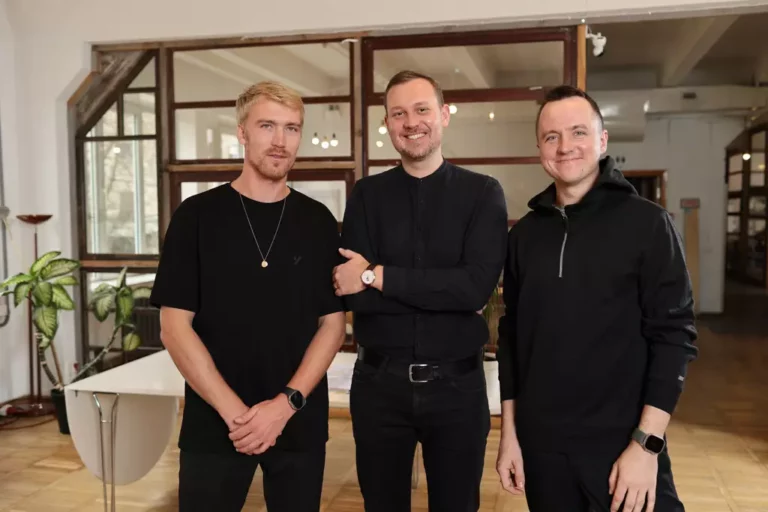In the ever-evolving landscape of product engineering, the demand for precise digital simulations is at an all-time high. These simulations enable engineers to construct prototypes and evaluate material performance in real-world settings. Traditionally, established software platforms from major corporations such as IBM and Dassault have dominated this field. However, a new wave of startups is emerging, leveraging the potential of generative AI to redefine the product development process. Among these is Trace.Space, an innovative platform emerging from Riga, Latvia, which caters specifically to the engineering needs of various industrial products.
Challenges Facing Western Manufacturing
As Western manufacturers grapple with intense competition from nimble Asian firms, the urgency to develop and implement faster, more effective platforms is critical. The pressure to innovate has fueled the growth of companies like Luminary and Dessia Technologies, both of which are focused on automating engineering processes with the help of AI. Trace.Space, in particular, aims to revolutionize the way electric and autonomous vehicles, satellites, robots, semiconductors, and medical devices are conceptualized and produced.
While traditional engineering software often operates through ‘on-premise’ solutions, Trace.Space embraces a cloud-based approach, which fosters better collaboration between manufacturers and their suppliers. By streamlining product requirements and improving communication, this platform can significantly reduce response times—a crucial benefit in today’s fast-paced manufacturing environment. According to Janis Vavere, co-founder and CEO of Trace.Space, the complexity of modern regulated products in sectors such as automotive and aerospace is increasing, placing considerable strain on outdated tools that often date back several decades.
Vavere highlights the shortcomings of legacy systems, remarking that tools from the late 1980s, such as those developed by IBM, are no longer suited for today’s engineering challenges. He notes that Trace.Space combines cutting-edge software architecture with AI, filling a pressing market need. The ongoing desire for more efficient systems demonstrates a clear shift among companies seeking advanced solutions.
Unlike platforms that merely overlay AI functionalities, Trace.Space utilizes sophisticated AI models, including Llama and various deterministic libraries, while also incorporating elements from OpenAI’s language models. This multifaceted approach enhances the capability of their platform, setting it apart from competitors in the market.
The leadership behind Trace.Space encapsulates a wealth of experience in the software industry. Vavere, before co-founding this startup, played pivotal roles in developing modern design software at Jama Software. His expertise is complemented by co-founder Mikus Krams, who has operational experience from Lokalise, and Karlis Broders, who has a strong background in implementing engineering solutions at a larger scale. This dynamic team has successfully secured $4 million in seed funding, a testament to the growing interest in their innovative approach.
As the landscape of modern product engineering transforms, platforms like Trace.Space are poised to bring substantial improvements to the industry. The integration of AI into a cloud-based framework not only streamlines engineering processes but also addresses the complexities posed by today’s advanced products. The future of product development may very well depend on such innovative solutions.


Leave a Reply